The Side Effects of Dog Vaccinations: What to Expect and When to Worry
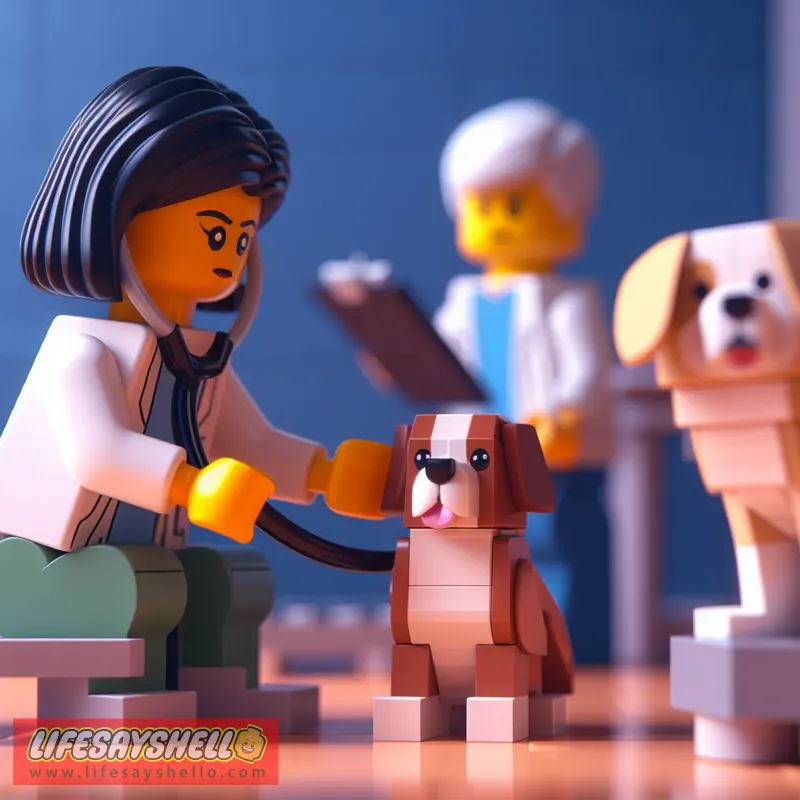
Getting your pup their shots is a rite of passage for any dog owner. But while vaccinations are super important to protect your doggo’s health, some of them can cause side effects.
As a dog mom myself, I totally get how worrying that can be! But try not to stress. Most side effects are totally mild and very temporary. In rare cases though, some dogs can have a more serious reaction.
So it’s good to know what to watch out for. In this post, I’ll go over the common vaccine side effects you can expect, as well as the rare reactions where you’ll want to call the vet ASAP.
Read on to get the deets so you’ll be prepped and ready next time it’s Fido’s turn for a shot!
Mild Side Effects are Normal After Shots
Let’s start with the good news! For most dogs, side effects from vaccines are no biggie. We’re talking things like:
Soreness where the shot went in. Just like when we get a vaccination, your pup’s skin will likely feel tender, swollen, or warm around the injection site. It may even form a small lump under the fur.
Feeling a little off. Your doggo might seem more tired than usual or lose their appetite for a day or so. They may also have a low fever or seem kind of blah.
Respiratory stuff. Some vaccines go right up the nose rather than by injection. So you might notice a bit of coughing, sneezing, or runny nose afterwards.
These kinds of mild vaccine reactions are totally routine and only last about 24-48 hours. It’s just their immune system gearing up against the weakened germs in the vaccine. No need to call the vet or freak out. Just let your pup rest and maybe soothe their injection site with a cool compress if it seems sore.
Severe Reactions Are Rare But Serious
Now for the not-so-fun part. Severe vaccine reactions are very uncommon in dogs. But they can happen and require quick veterinary treatment when they do. Here are some of the more serious side effects to watch for:
Collapse or fainting. If your pup suddenly loses consciousness or can’t stand up after their shots, it’s an emergency.
Intense vomiting or diarrhea. A day or so of loose stool or tummy upset can be expected. But persistent and severe vomiting or diarrhea could signal a bad reaction.
Breathing issues. If your dog seems unable to catch their breath, wheezes, or gasps for air, call the vet ASAP.
Hives. Those red, swollen bumps all over the skin are a sign of an allergic reaction. Get your dog to the vet immediately.
Facial swelling. If the skin around your dog’s eyes, nose, or muzzle gets thick and puffy, they need medical attention right away.
Reactions like these are typically immune-mediated hypersensitivities to something in the vaccine. They’re medical emergencies and can even become life-threatening if not treated promptly. So don’t hesitate - get your dog to the emergency vet or animal hospital near you at the first sign of a severe vaccine reaction. Time is of the essence!
Reduce the Risk of Reactions in High-Risk Dogs
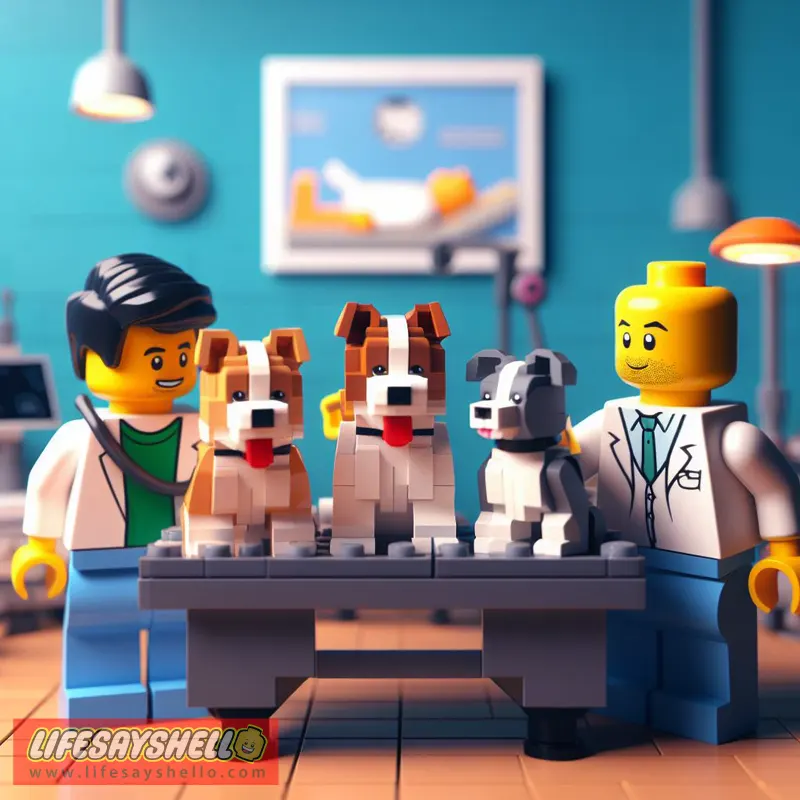
If your pooch has had a bad reaction to a vaccine before, let your vet know. They may be able to take steps to reduce the risk next time. Here are some options:
Pre-treat with antihistamines. Giving a dose of Benadryl 30-60 minutes prior to vaccination may help prevent swelling, hives, and other immune-mediated reactions.
Split up shots. Administering combination vaccines as separate injectionsspread out over time can help some dogs tolerate them better.
Use alternate brands. For some dogs, switching vaccine manufacturers or products can help avoid ingredients that trigger hypersensitivity.
Allergy testing. Figuring out exactly what components your dog reacts to allows more targeted precautions in the future.
Immunotherapy. Going through desensitization with the culprit allergens may reduce future vaccine reactions.
Of course, your vet will determine the best game plan for your pup if they’ve reacted badly before. Be sure to discuss it with them in advance of the next round of shots.
The Benefits Outweigh the Risks
It’s normal to feel nervous about canine vaccinations causing side effects. But try to remember that the benefits far outweigh the small risk. Those vaccines protect your fur baby from some really serious, even fatal contagious diseases like parvo, rabies, and distemper. Skipping shots puts your dog at much higher risk of getting very sick. Like people vaccines, puppy shots and dog boosters are vital preventative medicine.
So offer your dog lots of love and cuddles when they get their shots. Keep an eye out in the day or two afterwards for potential side effects. Then relax knowing you’ve taken an important step to keep them happy and healthy! Bark on, dog moms and dads!
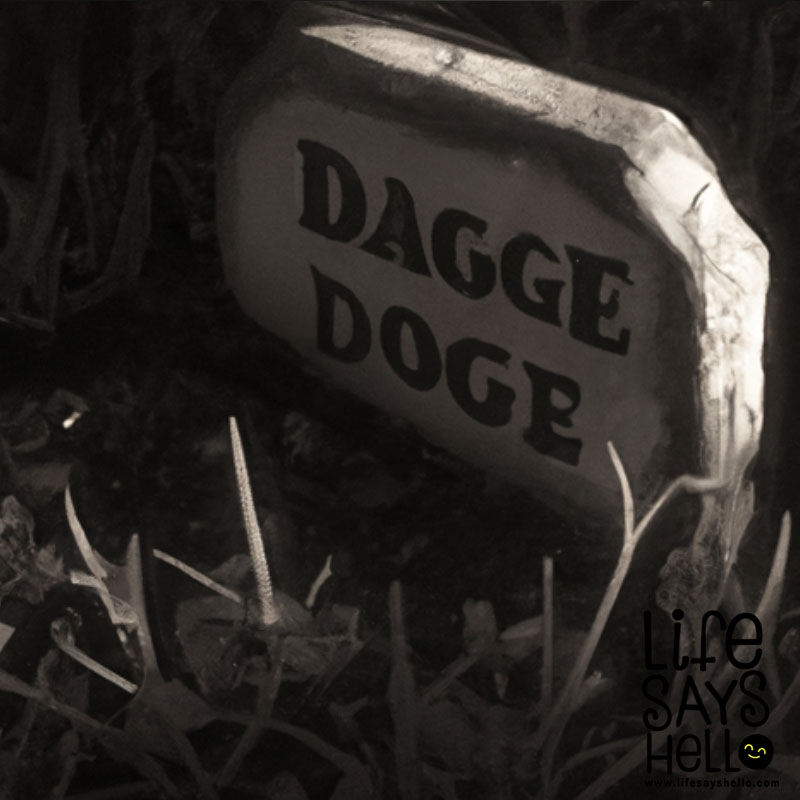
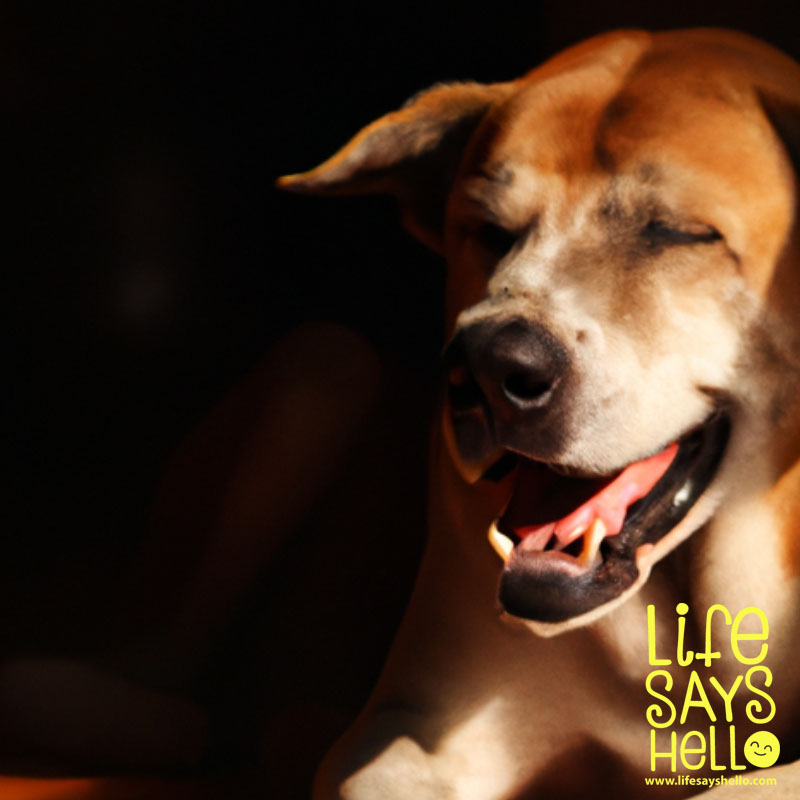
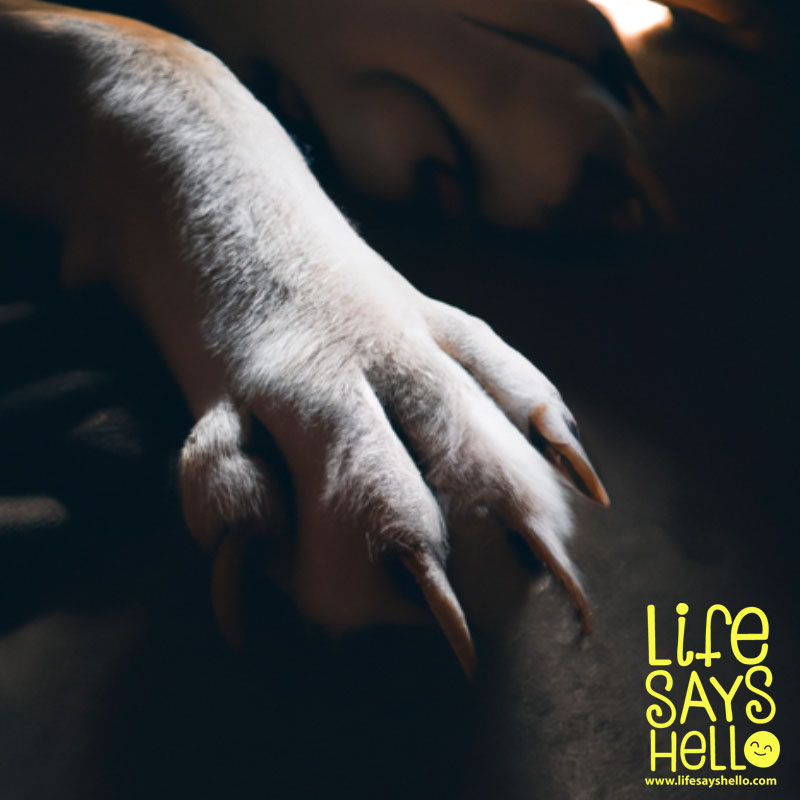
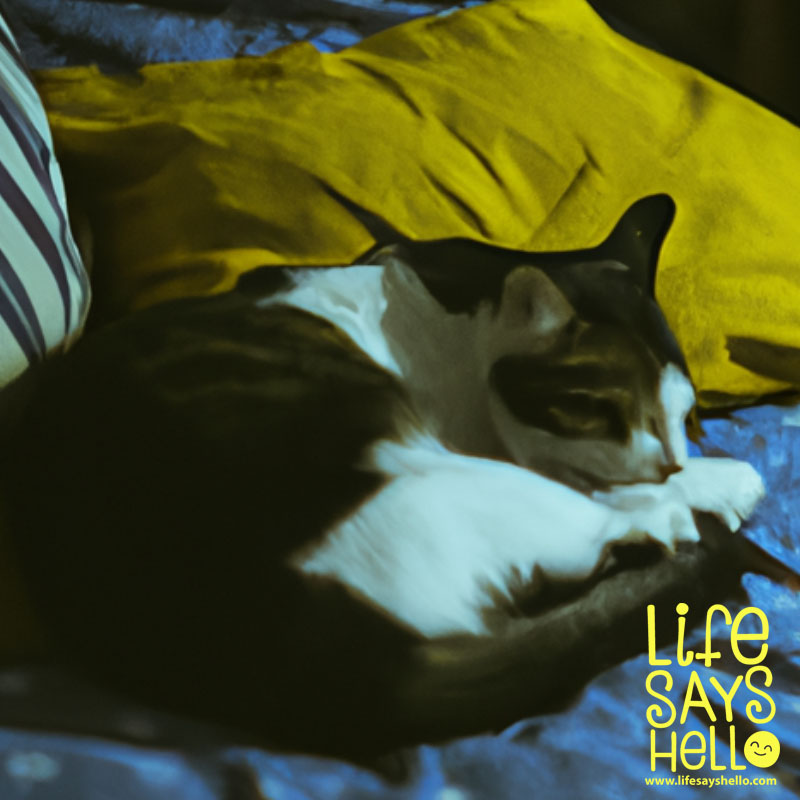
Comments